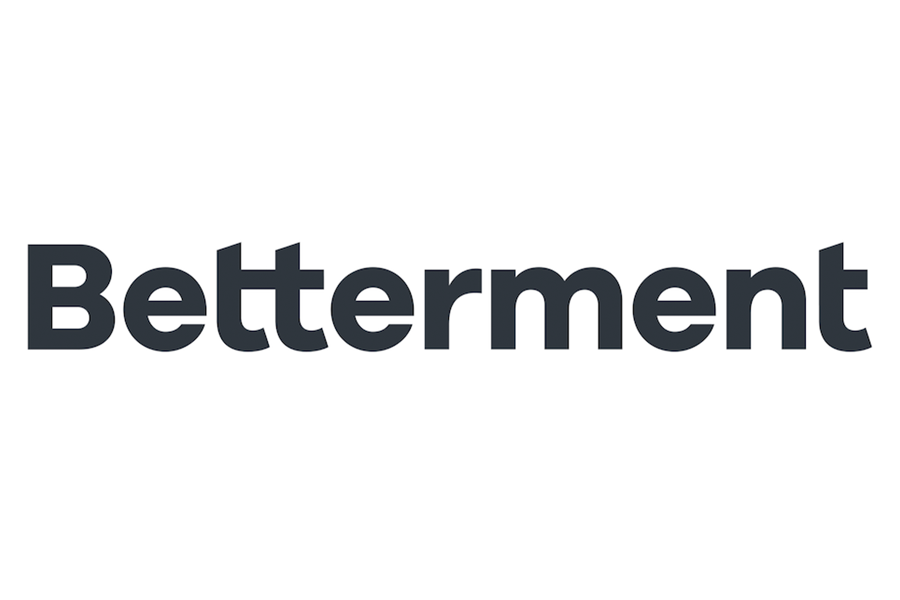

Betterment appears to be growing in the face of increased competition and market volatility.
The New York-based digital adviser now boasts more than 500,000 accounts, said Betterment managing director of behavioral finance and investing Dan Egan.
A look into Betterment’s book of business dispels some of the myths around the demographics of consumers who are turning toward automated investment advice. A third of Betterment’s customers, for example, are over the age of 50, he said.
Average account size has also grown to $44,000, tripling what it was in 2012. “Sometimes it blows you away,” Mr. Egan said.
A lot of Betterment’s account growth is coming from retirement plan rollovers from large institutions like Fidelity and Vanguard, which Mr. Egan said proves people are willing to pay a premium for Betterment’s technology and guidance.
Across its various business lines — retail brokerage, RIA platform (Betterment for Advisors), defined-contribution plans (Betterment for Business) and checking and savings (Betterment Everyday) — Betterment said it now manages $22 billion.
The fact that total asset growth isn’t as meteoric as it was several years ago does not surprise Mr. Egan, who compares Betterment’s development as a company to that of his 4-year-old child.
“In the first year of a human being, the growth rate is something ridiculous like 8%,” Mr. Egan said, adding that Betterment is now entering early adulthood. “As you get bigger, it’s harder to maintain that growth.”
Recent updates to make the robo-adviser more attractive to traditional advisers and employers using its 401(k) platform have helped. The recent market volatility and coronavirus fears have also steered some clients away from investment products and into Betterment’s checking and savings accounts.
Of course, new assets are harder to come by when nearly every bank, broker-dealer, custodian and registered investment adviser has its own robo-adviser, Mr. Egan admits.
“Over the past four or five years, every single large player has tried to come out with a product that looks and feels like ours,” he said. “Growth is harder to do when everybody is copying your playbook.”
Overall assets managed by robos surged in 2019, but most of the growth came from full-service wealth management firms launching their own digital platforms, according to research from consulting firm Aite Group.
The robo-advice market is expected to reach $1.26 trillion by the end of 2023, up from $283 billion in 2019, according to the research. Robos like Wealthfront and Betterment, however, will likely be squeezed by competition from traditional financial services firms.
Robo-adviser entrants from Vanguard and Charles Schwab still own the market in terms of assets, with $148 billion and $43 billion in assets under management, respectively, according to the most recent Robo Report from research firm Backend Benchmarking.
Micro-investing app Acorns has gathered nearly 3 million accounts with its strategy of investing spare change from customers’ credit card purchases, but only $1.8 billion in AUM, according to its most recently filed form ADV.
A spokesperson for Wealthfront, Betterment’s Silicon Valley-based rival, said the company has about 400,000 accounts and manages more than $23 billion.
Betterment remains undaunted by the competition, and Mr. Egan said it’s encouraging to see the vision of low-cost, digitally powered financial advice become a widespread reality.
“We forced a lot of the industry to take on what we are doing,” he said.
Betterment plans to go public and believes it is on track to do so with its ongoing growth in users.

A new proposal could end the ban on promoting client reviews in states like California and Connecticut, giving state-registered advisors a level playing field with their SEC-registered peers.

Some in the industry say that more UBS financial advisors this year will be heading for the exits.

The Wall Street giant has blasted data middlemen as digital freeloaders, but tech firms and consumer advocates are pushing back.

Research reveals a 4% year-on-year increase in expenses that one in five Americans, including one-quarter of Gen Xers, say they have not planned for.

Raymond James also lured another ex-Edward Jones advisor in South Carolina, while LPL welcomed a mother-and-son team from Edward Jones and Thrivent.
Orion's Tom Wilson on delivering coordinated, high-touch service in a world where returns alone no longer set you apart.
Barely a decade old, registered index-linked annuities have quickly surged in popularity, thanks to their unique blend of protection and growth potential—an appealing option for investors looking to chart a steadier course through today's choppy market waters, says Myles Lambert, Brighthouse Financial.
